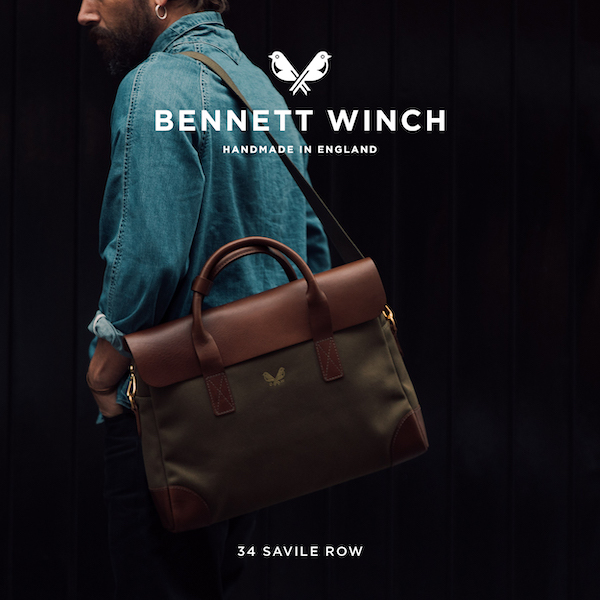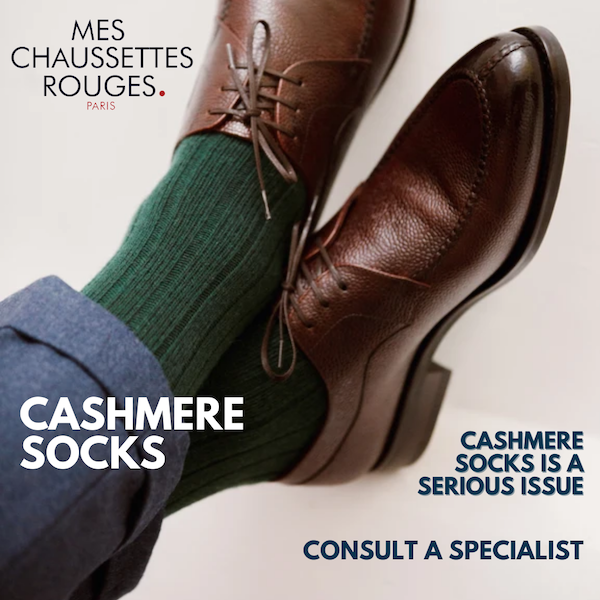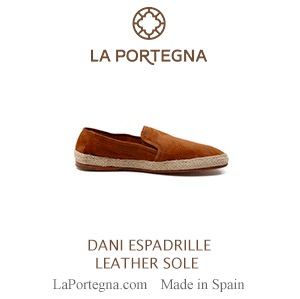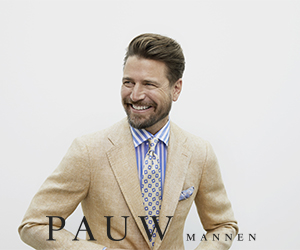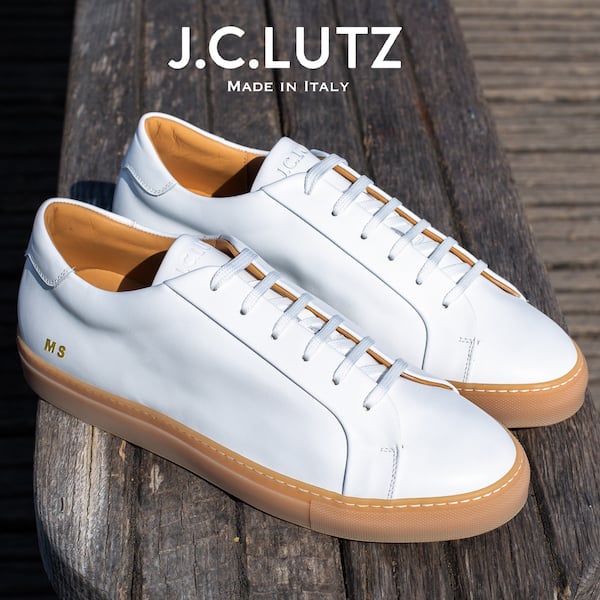The Simone Abbarchi workshop, in a little street, outside Florence

I know shirtmaker Simone Abbarchi has a lot of PS customers in London and New York. They might like to know - and see - where their shirts are made.
It’s a little workshop about 10 minutes drive outside of Florence. Simone arrives every morning at 8:00, and leaves at 1:00 to drive to the shop in town. Most of his appointments are booked for the afternoon.
The street outside is busy, narrow and old, with a narrow little pavement and cars shuttling up and down. The front door opens straight into the workroom.
There, six women are conducting every stage of the shirtmaking process, with roughly one each. In front of us a younger employee is preparing fabric that has come in from Canclini, Thomas Mason and elsewhere. To the left, collars are being cut, then bodies assembled. In the middle, the final product is pressed and folded.
It’s clean, organised and very manual. Everyone knows their place; the process skips along as we watch. But there’s very little automation.
Perhaps the embodiment of this is Simone’s filing system, in his little office behind the atelier. Patterns and records there are organised into binders, which are then allocated to locations. Long-time customers even have their purchases organised into personal binders.
That’s one below, from a particularly long-term client in New York. Each shirt has a little snippet of the cloth beside it, with notes on the style and the fit. “He is always surprised when I know what he ordered, when, and how he has changed,” says Simone.
The makers have been with Simone for varying lengths of the time, with new ones joining as the business has grown. The longest - now in charge of pressing and quality control - was the first employee back in the mid-nineties.
“Over time each has recommended a friend, who recommended another, and they all helped train the new,” Simone says. “It has to be that way, because there’s no shirtmaking school near here. You really only have that for leather in Florence.”
This is in contrast to Naples, where the brands that prioritise handwork in particular - Kiton, Attolini - have their own schools, and there is enough demand that there are dozens of shirtmakers working at home, that work can be sent out to.
D’Avino’s workshop, for example, just outside Naples, is a similar size but surrounded by such workers. Simone needs to be more self-sufficient.
Simone started with shirts out of passion - he had no training, no family members in the trade. He simply loved the style of shirts and found a shirtmaker who could help make them.
Growth has been slow but consistent, always focused on visiting just New York and London. He opened his first workshop in 2000, then the shop in Florence, then this larger workshop in 2012. It’s a solid operation, and one he likes the size of.
Bespoke customers often ask why artisans don’t do more trunk shows when there is demand - why they don’t want the business. The reason is usually that they don’t want to run that scale of operation, because it would change the nature of the job. There would be more time managing people, rather than products; and more time spent travelling rather than in the workshop.
When someone runs a business that was built on passion, they usually don’t want to change the the day-to-day experience of it, because it was the reason they started in the first place.
In Simone’s workshop, the day-to-day life of production continues around us, as we chat.
Alex, the photographer, is busy picking up little details - the kind of things you find in every office or factory, that people add incrementally to their workspaces, adding personality.
He also starts to notice the embroidery on Simone’s shirts, which is impressive for an operation that doesn’t use much hand sewing elsewhere. There are delicate initials, names, and even designs that customers have sketched themselves and sent in. That’s one of them below, with the original drawing alongside the finished result.
There are many pleasures to having your shirts made by an artisan. They include the relationship you establish over time, which would rarely happen with a shop assistant; the personalisation of orders and superior better fit; and the ability to repair or alter the things you have made, making them more long-lasting and sustainable.
But it’s also nice - more human, perhaps - to know they’re made in little workshops like this rather than in a big, volume-driven factory.
You can picture it when you receive your order. You know it’s a little workshop with character and personality, in a busy little street on the outskirts of Florence, where new and ancient buildings rub shoulders, and a little team of six people arrive each day to go through the process of sewing things together for you.
Illustrating that is the greatest pleasure of these factory visits.
Simone Abbarchi offers made to measure and bespoke shirts, with the latter involving more changes to both fit and design. They cost €165 and €210 respectively. He visits London and New York twice a year.
More on him and my reviews of his shirts over the years, here.
Photography: Alex Natt
from Permanent Style https://ift.tt/Zi3jUyh
via IFTTT













